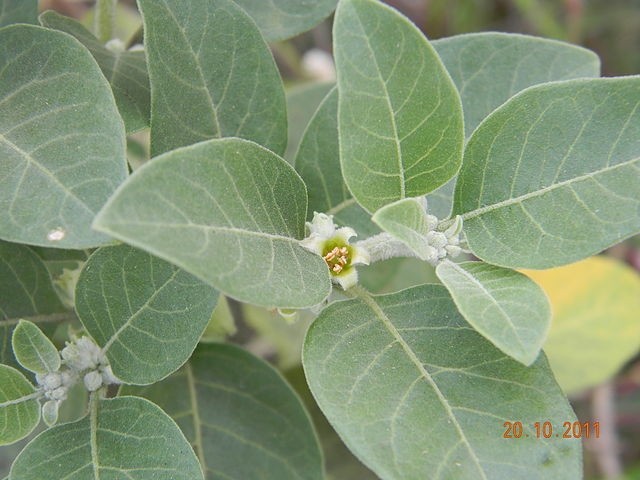Ashwagandha ingredient may counter endothelial dysfunction in diabetics: RCT

Twelve weeks of supplementation with 500 or 1,000 milligrams per day of the extract were found to improve endothelial function in people with type-2 diabetes compared to a placebo, researchers report in the International Journal of Ayurveda and Pharma Research.
“A significant reduction in levels of biomarker for oxidative stress and systemic inflammation were observed suggesting an improvement in endothelial function,” added researchers from Nizam’s Institute of Medical Sciences in Hyderabad, India.
The endothelium – the thin layer of cells lining the blood vessels – performs many functions including maintaining the suppleness of blood vessels and regulating the activity of neutrophils, white blood cells that form a key part of the immune system.
Dysfunction in the endothelium leads to arteries with little suppleness, raising the risk of high blood pressure (hypertension), and arteries that are chronically inflamed, leading to an overabundance of adhesion molecules.
The flagship herb of Ayurveda
Ashwagandha has been gaining traction in the mainstream US market with consumers embracing its wide-ranging body of health benefits, which include supporting stress, cognitive function, sleep, metabolic wellness, adrenal function, sports performance, and more.
According to a monograph from the American Herbal Pharmacopoeia (AHP), the herb has a history of use in ayurvedic medicine that dates back as much as 4,000 years to the teaching of renowned scholar Punarvasu Atreya, and in subsequent works that make up the ayurvedic tradition. The name of the herb derives from Sanskrit, and means “smells like a horse”, which refers to the strong smell of the root which is said to be redolent of horse sweat or urine.
Traditional ashwagandha ingredients are limited to root extracts. However, the new study used the branded ashwagandha called Sensoril, which uses both roots and leaves. NutraGenesis is the exclusive North American sales and marketing representative for Sensoril under license from Natreon, Inc. (New Brunswick, NJ). According to Natreon, the combination of root and leaf yields an ingredient that has “optimal concentrations of the desired active constituents found in the plant”.
A category of chemicals known as withanolides are generally associated with ashwangadha’s health benefits.
Study details
The researchers recruited 66 people with type 2 diabetes to participate in their randomized, double blind, placebo controlled study. Participants were randomly assigned to receive either 250 mg or 500 mg of the ashwagandha extract twice daily, or placebo for 12 weeks.
Results showed that, for the 60 people who completed the study, the ashwagandha groups experienced improvements in measures of endothelial function, compared to placebo. Specifically, the reflection index (a measure of vascular tone ) improved in both ashwagandha groups by between 5% and 6.5%, compared to baseline values.
The researchers also report significant improvement in biomarkers of oxidative stress, systemic inflammation, and HbA1c levels, compared to both baseline and placebo values for the ashwagandha groups. (HbA1c refers to hemoglobin A1c, which is a marker of long-term presence of excess glucose in the blood).
Source: International Journal of Ayurveda and Pharma Research
2014; 2(3): 22-32 ISSN: 2322 – 0910
“Evaluation of a highly standardized Withania somnifera extract on endothelial dysfunction and biomarkers of oxidative stress in patients with type-2 diabetes mellitus: A randomized, double blind, placebo controlled study”
Authors: P. Usharani, N. Fatima, C.U. Kumar, P.V. Kishan










